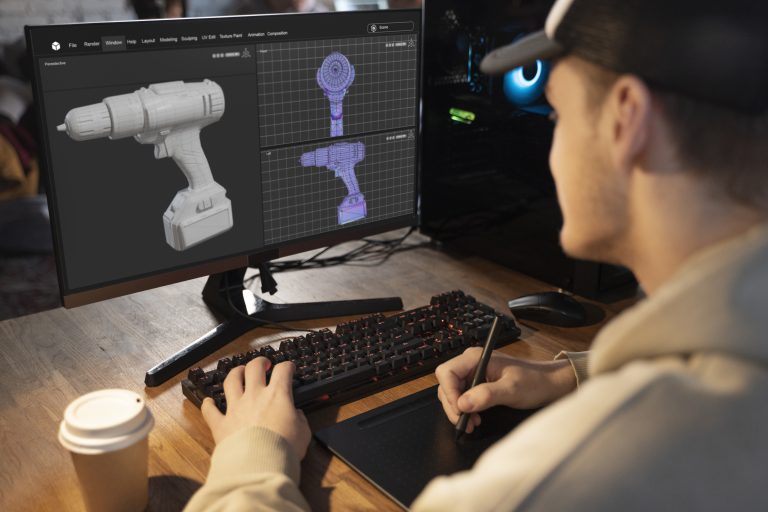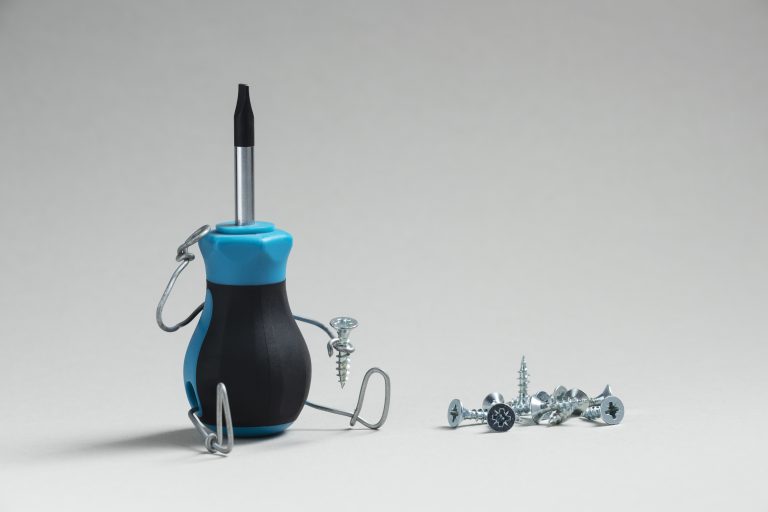The UK manufacturing sector looks set to continue its success in 2024. According to Make UK, the UK now sits at eighth place in the world rankings for global manufacturing by value of output. The sector employs 2.6 million people, working across a range of engineering and manufacturing disciplines, including injection moulding. So, for anyone who is considering a career in injection moulding, read on for several compelling reasons to make the move in 2024.
What are some of the benefits of working in injection moulding?
Injection moulding is a highly popular process with manufacturers and customers alike. It produces highly durable, cost-effective and versatile products and components that are used across pretty much every single sector there is. It has proven environmental benefits when compared to other manufacturing processes, with many plastic materials recyclable and reusable.
The challenge of translating customer requirements into bespoke, moulded designs that meet (and hopefully exceed) specification is also extremely satisfying. Injection moulding also offers long-term job security and good career progression. It is an industry that looks set to be in demand for a long while to come. The work itself combines creativity and craftsmanship with the need for engineering prowess and attention to detail and quality control.
What characteristics do you need?
Working as a plastic injection moulding professional takes a specific set of characteristics and skills. For a start, you will need to be technically competent and comfortable working with the machinery and materials involved. A keen interest in and responsible attitude towards health and safety is also essential. Knowing how to use CAD and similar software helps with the design process, as does a creative mind.
Other desirable skills and experience include problem-solving abilities, customer relationship proficiency, team working experience and confidence to take the initiative and make decisions. A career in injection moulding will introduce you to new processes and manufacturing techniques and will equip you to embrace rapid changes in technology and the wider manufacturing sector.
What does an injection moulding job involve?
One of the attractions of working in injection moulding is the versatility of the job. No two days are the same. From dealing with customers and finalising specifications to designing and manufacturing the required components, there are plenty of different tasks to complete.
What’s more, you will be involved in, and often have oversight for, quality control. This includes checking products against specifications, as well as carrying out safety and integrity checks. You are responsible for maintaining a clean and safe workspace and keeping up with required training and qualifications. Often, an injection moulding career begins with an apprenticeship, when all of this is taught. Some apprenticeships combine classroom or workshop learning with on-the-job experience. This helps the person gain a more rounded education in this fascinating and complex area of manufacturing.
What are some of the specific jobs and roles you can do?
Injection moulding is a team effort, with different positions available for different stages of the process. Here are some examples:
- Machine operator. Just as the name suggests, you will operate the injection moulding machine, assembling, injecting and packing parts to meet quality standards.
- Tool maker. You will oversee the setting up and operating of tool room equipment, working to build, repair and adjust moulds to match customer specifications.
- Process engineer. This involves designing and implementing manufacturing processes to ensure an efficient, quality process with minimum waste and maximum output.
- Quality engineer or technician. You will test and inspect finished products against agreed industry quality standards, identifying flaws and misalignments and passing components that meet the right standards.
- Technical supervisor. After spending some time building your career in injection moulding, you can progress to management roles such as this one. Technical supervisors oversee technical operations to ensure smooth processes and troubleshoot issues as they arise.
How to start your injection moulding career
Look online for injection moulding companies to see what apprenticeship schemes or other training opportunities are available. You can also seek advice from school, college or university careers teams as to what academic subjects you should be pursuing and the qualifications needed to make a successful application. Building up experience in similar fields, attending industry events and staying up-to-date on industry news and innovations can also help your application stand out.





